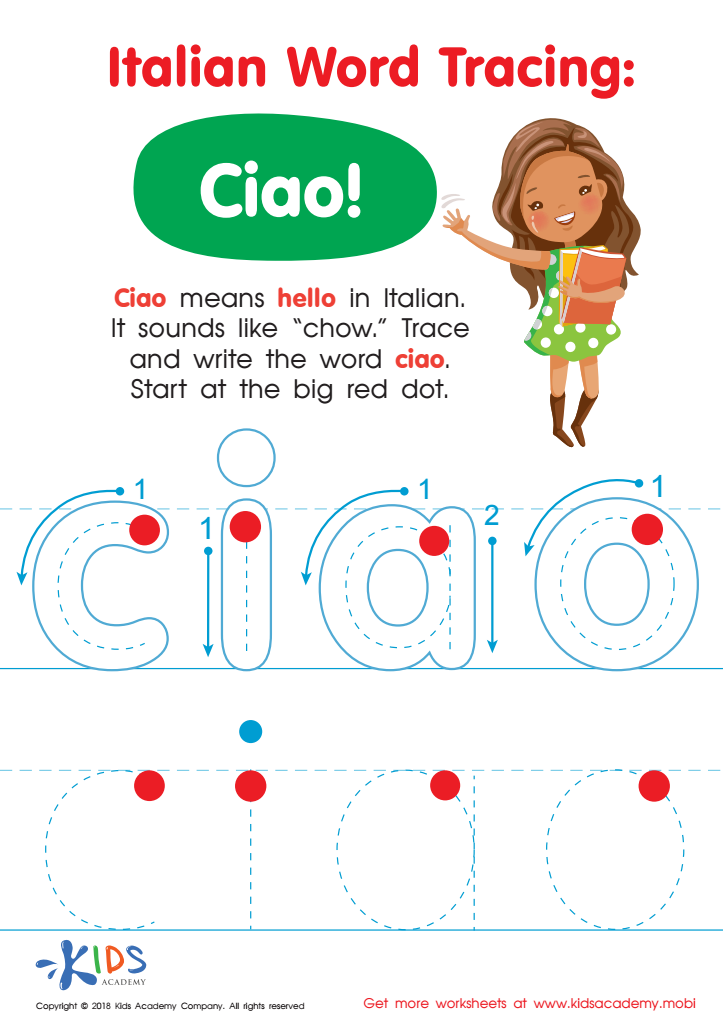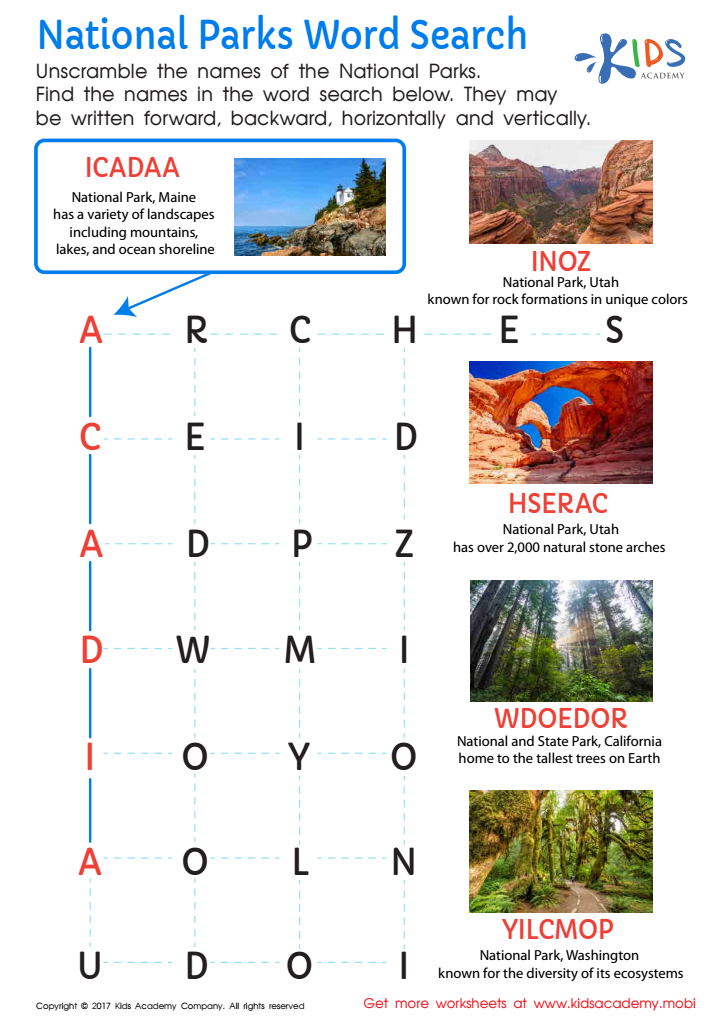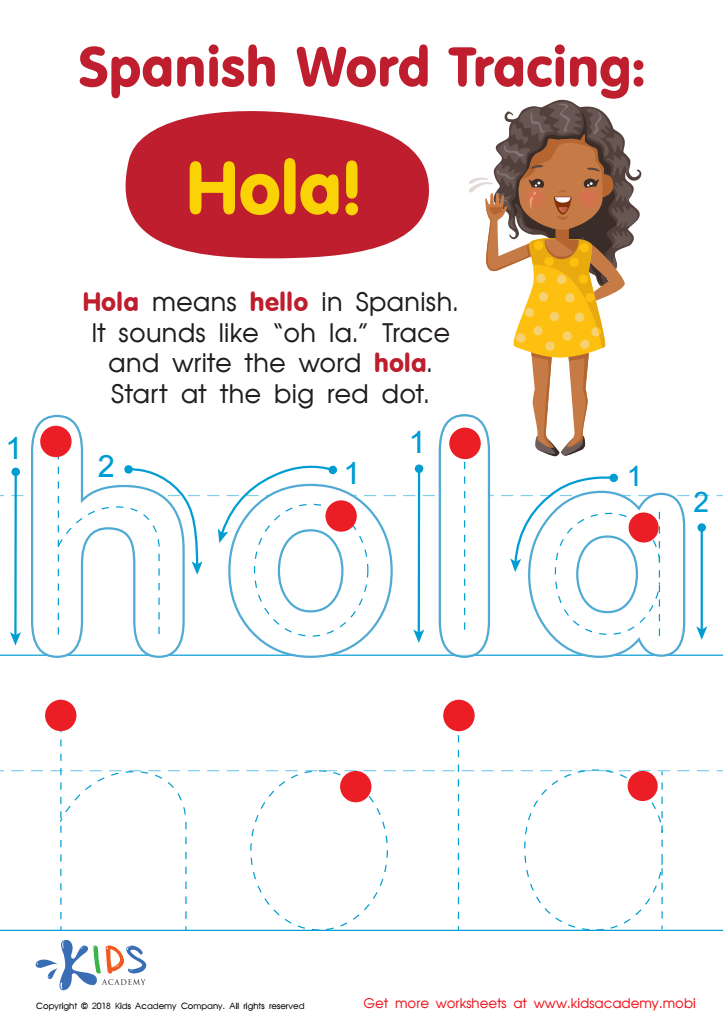Word Recognition Normal Governance and Civics Worksheets for Ages 6-9
3 filtered results
-
From - To
Discover engaging Word Recognition Normal Governance and Civics Worksheets designed for children ages 6-9! These downloadable resources help young learners develop essential reading skills while exploring important concepts of governance and civic responsibility. Each worksheet combines fun activities with age-appropriate vocabulary, ensuring students not only learn to recognize words but also understand their significance in the context of civic life. Foster a love for reading and knowledge about community engagement, roles, and rights through interactive and inspirational exercises. Perfect for both classroom settings and home learning, these worksheets help pave the way toward informed, active, and responsible future citizens.


Italian Word Tracing: Ciao Worksheet


National Parks Word Search Worksheet


Spanish Word Tracing: Hola Worksheet
Parents and teachers should prioritize word recognition in the context of governance and civics for children aged 6-9 because early literacy lays the foundation for informed citizenship. Understanding civic concepts and governance terms is critical during these formative years, as children start to grasp their roles within their communities. Word recognition promotes cognitive skills essential for reading comprehension, enabling children to make sense of civic texts, such as stories about community helpers, rules, and voting processes.
Moreover, engaging with these concepts encourages discussions about rights, responsibilities, and the importance of participating in civic life, which fosters critical thinking and empowerment. By becoming familiar with specific vocabulary related to governance, children develop a framework for understanding democracy and the importance of their own voices in societal decision-making.
Additionally, the habits cultivated through developing word recognition—such as curiosity, attentiveness, and engagement with reading—also translate to other subjects. By reinforcing the significance of vocabulary in governance and civics, parents and educators not only enhance literacy skills but also nurture responsible, informed future citizens who value participation and leadership in their communities. Consequently, supporting this area of study ensures a brighter, more engaged future for both individuals and society at large.
 Assign to My Students
Assign to My Students









